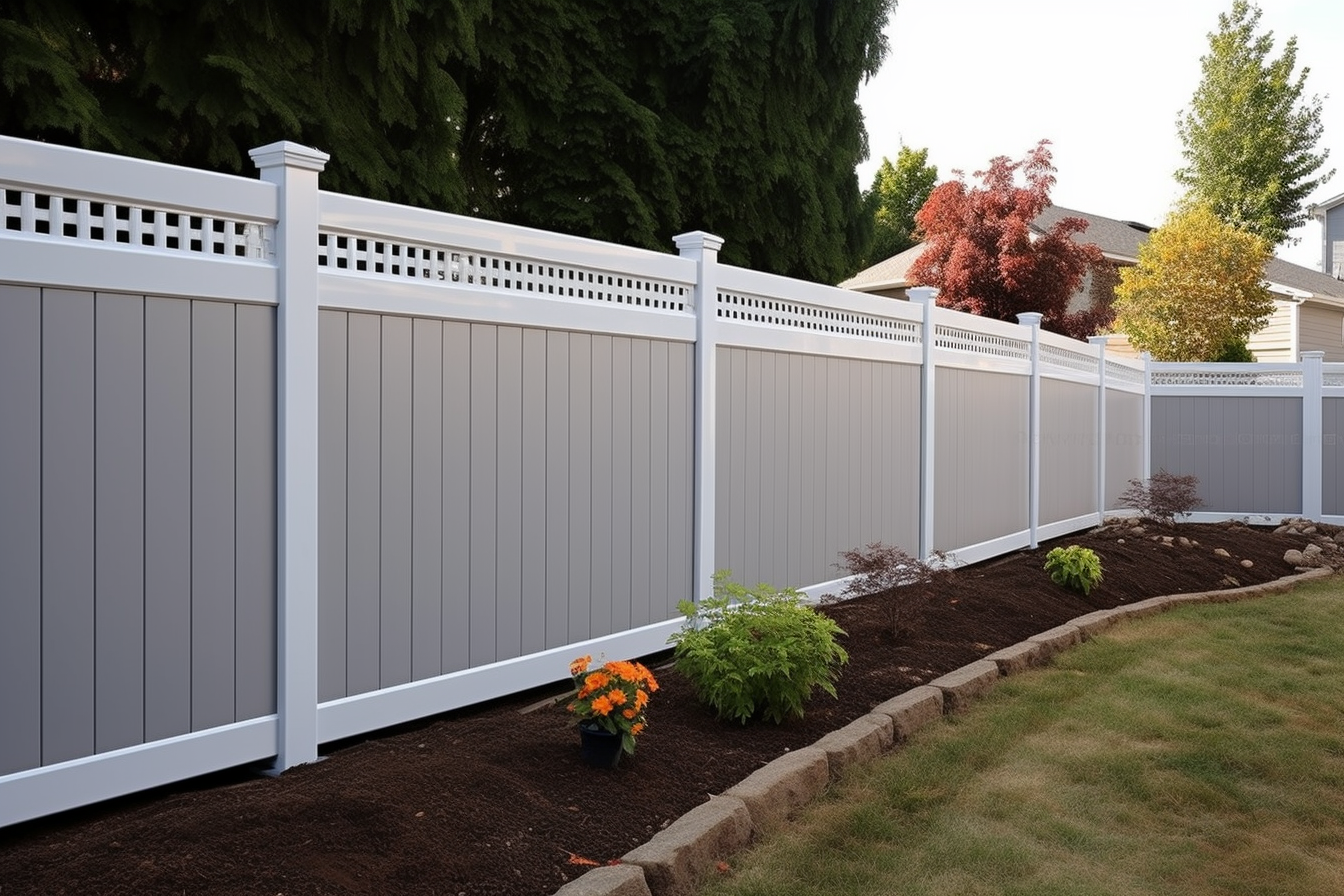Garden Fences: A Comprehensive Guide to Enhancing Your Outdoor Space
A well-designed garden fence can transform your outdoor area, providing privacy, security, and aesthetic appeal. Whether you're looking to create a cozy retreat or simply demarcate your property lines, choosing the right fence is crucial. This guide will explore various aspects of garden fences, from materials to installation, helping you make an informed decision for your home.

What are the most popular types of garden fence materials?
When it comes to garden fences, wood remains a classic and versatile choice. Wooden fence panels online offer a wide range of styles, from traditional picket fences to modern horizontal slat designs. Cedar, pine, and redwood are popular options due to their natural resistance to decay and insects. Alternatively, vinyl fencing provides a low-maintenance solution that mimics the look of wood without the need for regular staining or painting. For a more industrial or contemporary look, metal fencing, such as wrought iron or aluminum, can be an excellent choice. Each material has its own set of benefits and considerations, so it’s essential to weigh factors like durability, maintenance requirements, and overall aesthetics when making your selection.
How do I choose the right height for my garden fence?
The ideal height for your garden fence depends on its primary purpose and local regulations. For privacy, a fence between 6 to 8 feet tall is typically sufficient to block views from neighboring properties. If you’re mainly concerned with containing pets or children, a 4 to 5-foot fence might be adequate. It’s crucial to check your local zoning laws and homeowners’ association rules, as many areas have restrictions on fence heights, especially for front yards. Additionally, consider the visual impact on your property and neighbors – a towering fence may provide privacy but could also feel imposing or affect natural light in your garden.
What are the key factors to consider when installing a garden fence?
Installing a garden fence requires careful planning and consideration of several factors. First, accurately determine your property boundaries to avoid encroaching on neighboring land. Next, assess the terrain – slopes, uneven ground, or obstacles like trees and rocks can complicate installation. Consider the fence’s purpose, whether it’s for privacy, security, or purely decorative, as this will influence your choice of materials and design. Don’t forget to factor in gate placement for convenient access. If you’re not confident in your DIY skills, it’s wise to consult with professional fence installers who can ensure proper installation and adherence to local building codes.
How can I maintain my garden fence for longevity?
Proper maintenance is key to extending the life of your garden fence. For wooden fences, regular cleaning and application of a water-resistant sealant or stain every few years can prevent rot and weathering. Inspect your fence annually for signs of damage, such as loose boards or rusted hardware, and address issues promptly. Vinyl fences are relatively low-maintenance but benefit from occasional cleaning with soap and water to prevent mold and mildew growth. Metal fences should be checked for rust and repainted as needed. Trimming nearby vegetation and ensuring proper drainage around fence posts can also help prevent premature deterioration.
What are some creative ways to enhance the appearance of a garden fence?
A garden fence doesn’t have to be just a functional barrier; it can be a beautiful addition to your outdoor space. Consider painting wooden fences in vibrant colors or using multiple hues for a playful effect. Adding decorative post caps or finials can give your fence a polished look. Integrate climbing plants like roses, clematis, or ivy to create a living wall effect. Hang outdoor artwork, mirrors, or decorative planters to add visual interest. For a whimsical touch, incorporate elements like birdhouses or wind chimes. Lighting can also dramatically enhance your fence’s appearance – solar-powered post lights or string lights can create a magical ambiance in the evening.
Where can I find quality fence panels for sale in my area?
Finding quality fence panels for sale locally or online has become increasingly convenient. Many home improvement stores offer a variety of privacy fence panels near you, allowing you to see and feel the materials in person before making a purchase. Online retailers specializing in fencing materials often provide a wider selection of styles and materials, with the added benefit of home delivery. Local lumber yards and fencing companies are also excellent resources for finding fence panels for sale near you, and they can often provide valuable advice on selection and installation.
| Provider | Product Type | Price Range (per panel) | Key Features |
|---|---|---|---|
| Home Depot | Wood Fence Panels | $30 - $100 | Wide variety, in-store pickup |
| Lowe’s | Vinyl Fence Panels | $50 - $150 | Low maintenance, durable |
| Wayfair | Metal Fence Panels | $60 - $200 | Modern designs, online ordering |
| Local Fence Company | Custom Fence Panels | $75 - $300+ | Tailored solutions, professional installation |
Prices, rates, or cost estimates mentioned in this article are based on the latest available information but may change over time. Independent research is advised before making financial decisions.
In conclusion, selecting and installing the right garden fence involves careful consideration of materials, height, local regulations, and personal preferences. By understanding these factors and exploring creative enhancements, you can create a fence that not only serves its practical purpose but also adds beauty and value to your outdoor space. Whether you choose to purchase fence panels online or from local providers, remember that quality materials and proper installation are key to ensuring your garden fence stands the test of time.




